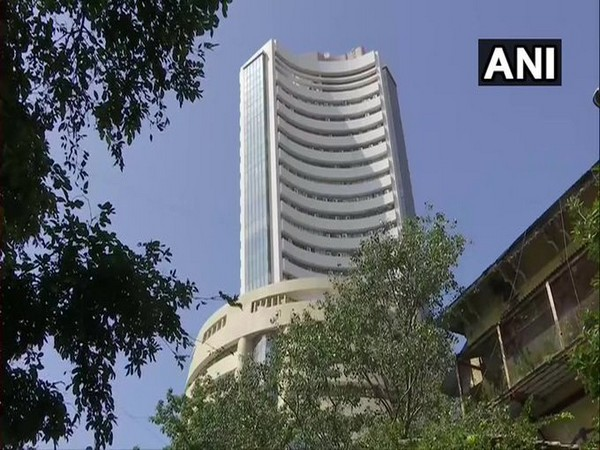
Mumbai: The Indian stock market's key indices, Sensex and Nifty, crashed by around 1.5 per cent on Monday dragged by heavy selling in IT stocks after the US Federal Reserve signalled aggressive rate hikes.
The 30 stock S&P BSE Sensex slumped 861.25 points or 1.46 per cent to close at 57,972.62 points against its previous session's close at 58,833.87 points. In the pre-open session, the Sensex crashed by over 1,400 points. The Sensex started the day sharply down at 57,367.47 points. This is the lowest level for the benchmark Sensex in the intra-day. The Sensex recouped part of the losses later in the day. It touched a high of 58,208.30 points in the intra-day.
The broader Nifty 50 of the National Stock Exchange slumped 246 points or 1.4 per cent to 17,312.90 points. The Nifty started the day at 17,188.65 points and crashed to a low of 17,166.20 points in the intra-day.
IT stocks crashed amid negative cues from the global markets. The Nifty IT sectoral index crashed 3.53 per cent.
Tech Mahindra tumbled 4.57 per cent to Rs 1036.05. Infosys dipped 3.93 per cent to Rs 1462. Wipro slumped 3.06 per cent to 404.45. HCL Technologies crashed 2.98 per cent to Rs 917.65. The country's largest IT firm Tata Consultancy Services tumbled 2.73 per cent to Rs 3133.70.
Kotak Bank, Tata Steel, State Bank of India, Axis Bank, ICICI Bank and Power Grid Corporation were among the major Sensex losers.
Maruti Suzuki jumped 1.30 per cent to Rs 8832.75. Asian Paints, Nestle India, ITC, Mahindra & Mahindra, Hindustan Unilever, Titan and UltraTech Cement were the other Sensex gainers.
Stock markets crashed across the world after US Federal Reserve chair Jerome Powell signalled aggressive rate hikes.
Powell said in a speech to the central banking conference in Jackson Hole, Wyoming that the US economy will need tight monetary policy "for some time" before inflation is under control.
The Federal Open Market Committee's (FOMC) focus right now is to bring inflation back down to 2 percent target.
"Reducing inflation is likely to require a sustained period of below-trend growth. Moreover, there will very likely be some softening of labour market conditions. While higher interest rates, slower growth, and softer labor market conditions will bring down inflation, they will also bring some pain to households and businesses," Powell said at the conference.
"These are the unfortunate costs of reducing inflation. But a failure to restore price stability would mean far greater pain," Powell added.
In the backdrop of an over four-decade high inflation, the US Federal Open Market Committee in late July raised its key policy interest rate by 75 basis points to 2.25-2.50 per cent, anticipating that the increase in the interest rates will be "appropriate".